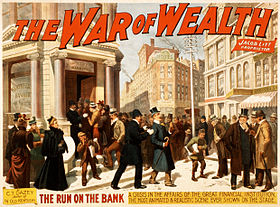Steven VanRoekel, the former Microsoft executive and newly appointed Federal Chief Information Officer, has presented his first keynote.
He seems to say the choice between innovation and security is a false dichotomy — you can have both.
Now there are some who say we shouldn’t invest in government information technology in this fiscal environment, or use concerns about cyber security as a blanket excuse to preserve the status quo.
But if anyone doubts that now is the time to invest, consider the fact that more than half of the Fortune 500 companies were founded during an economic downturn. When forced to do more with less – when there is no alternative but to create a better way to get things done – that is when the real breakthroughs occur. In tough times, visionaries and risk-takers can tap into underutilized human capital, technology, information and other resources, picking up the pieces to reassemble them into something completely new.
Excellent point. Innovation is a great by-product of security (e.g. can’t innovate where/how you want if you have to spend your time/money fighting attacks) not to mention security innovation itself is a growth area.
His presentation was at the Palo Alto Research Center (PARC) and he made reference to its important role in American history.
When I was growing up in the 80s, I remember hearing people say that America was “destined†to be a service economy. We didn’t make anything anymore – our best days were behind us. But then ideas like those that came out of PARC helped spark a technology revolution that reestablished America’s leadership and launched the innovation economy.
Nicely said, but I call that a false dichotomy. American companies do not have to innovate in order to make things. Just look at Microsoft.

